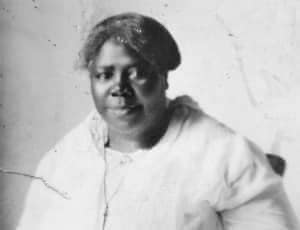The dramatic event in the book of 1 Samuel, chapter four, reveals much about the nature of God’s relationship with His people. It’s an epoch that transpires on the battleground between Israel and the Philistines, marked by the poignant and symbolic story of Eli’s ill-fated sons, Hophni and Phinehas, and the subsequent birth of Ichabod. Yet, beyond the tragedy and the triumph of Israel’s foes, this narrative offers a profound exploration of God’s divine presence and the human responsibility in discerning it.
The Ark of the Covenant, a sacred chest housing the tablets of the Ten Commandments, was believed to embody the manifested presence of God. As Israel engaged in battle with the Philistines, this hallowed emblem was seized, a cataclysmic event, a hijacking not just of a physical object, but of Israel’s sense of divine security.
Simultaneously, the priest Eli’s two sons, Hophni and Phinehas, who had been embroiled in scandalous behavior that tarnished the priesthood, perished in the conflict. The ark, symbolizing God’s glory, was now in enemy hands, and the mediators of God’s grace had fallen.
News of this calamity reached Phinehas’ pregnant wife, causing her to go into labor prematurely. Amid her labor pangs, she named her son Ichabod, which translates to “The Glory Has Departed”. Her act was an acknowledgment of a dire spiritual condition – the perceived departure of God’s glory from Israel due to disobedience and irreverence.
This brings us to a crucial juncture in our faith journey today. Many followers of God often proceed in life with a presumption that God will automatically bless their plans and rescue them from hardship. They expect a quick, comforting answer to prayer, a sudden turn of events, a divine solution to human problems. This attitude risks distorting the essence of our relationship with God, reducing it to a mere transaction, an exchange of faithfulness for blessings.
However, the story of Ichabod cautions us against such presumption. It implores us to look inward, to examine our hearts and our actions, and ensure that they align with God’s commandments and His divine will. We must be wary of taking God’s presence for granted, or mistaking our desires for His intentions.
Instead, we should remember Paul’s exhortation to the Philippians, “work out your salvation with fear and trembling” (Philippians 2:12). This doesn’t suggest that salvation is earned by works or that we should live in a state of constant fear. Instead, it points towards a deep reverence for God and an earnest commitment to live out the salvation we have received through Christ. It is a call for humility, for diligence in spiritual matters, for ongoing self-examination, and most importantly, a genuine, intimate relationship with our Creator.
God’s glory may not have physically departed as it did during the era of Ichabod, but we must ensure that it doesn’t metaphorically depart from our lives due to complacency, pride, or presumption. As we navigate the spiritual battlegrounds of our time, let us be vigilant in discerning God’s will, honoring His commandments, and maintaining the sanctity of our personal ark, our hearts. Let’s work out our salvation with fear, trembling, and, above all, love for the One who first loved us.











